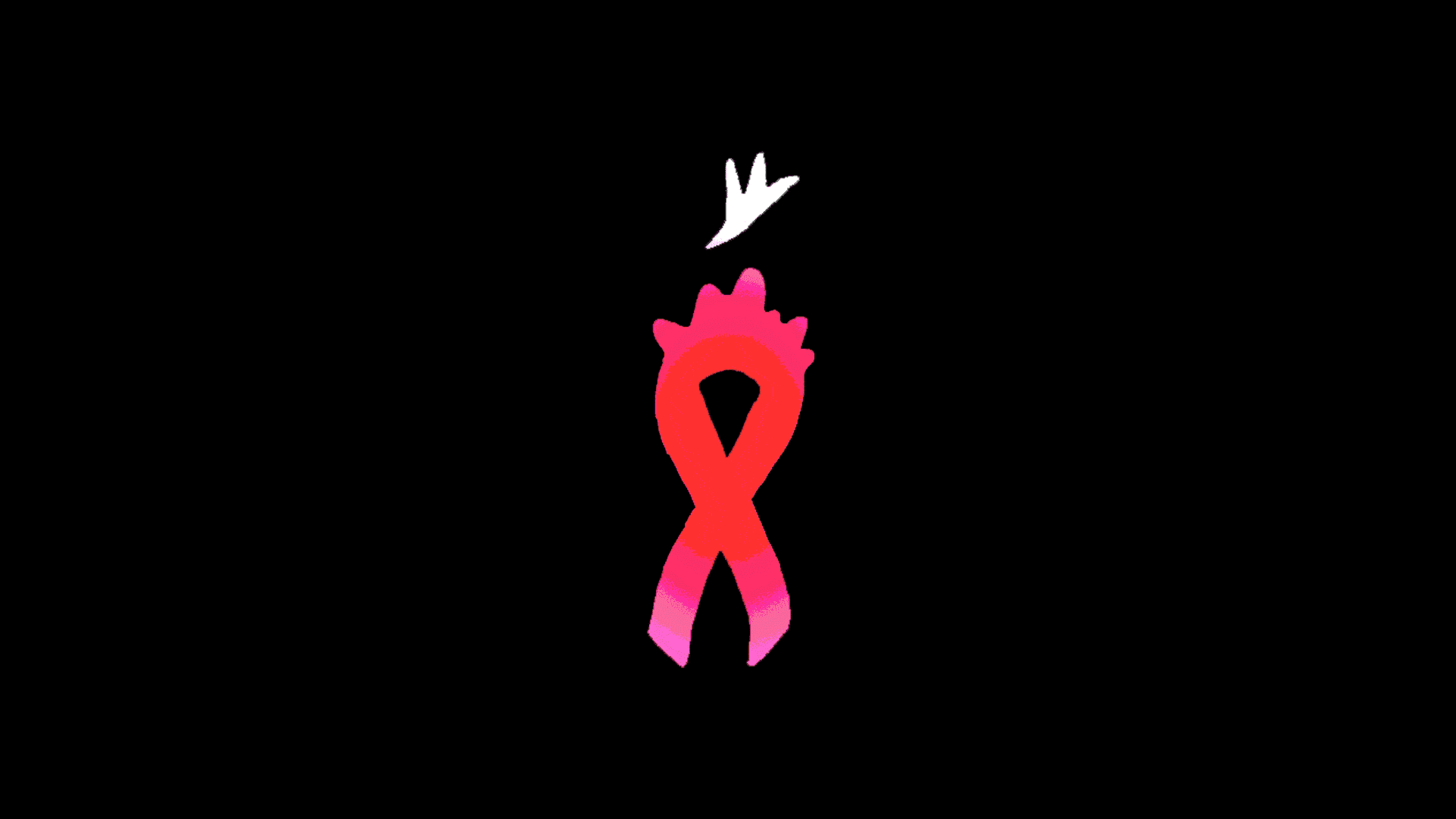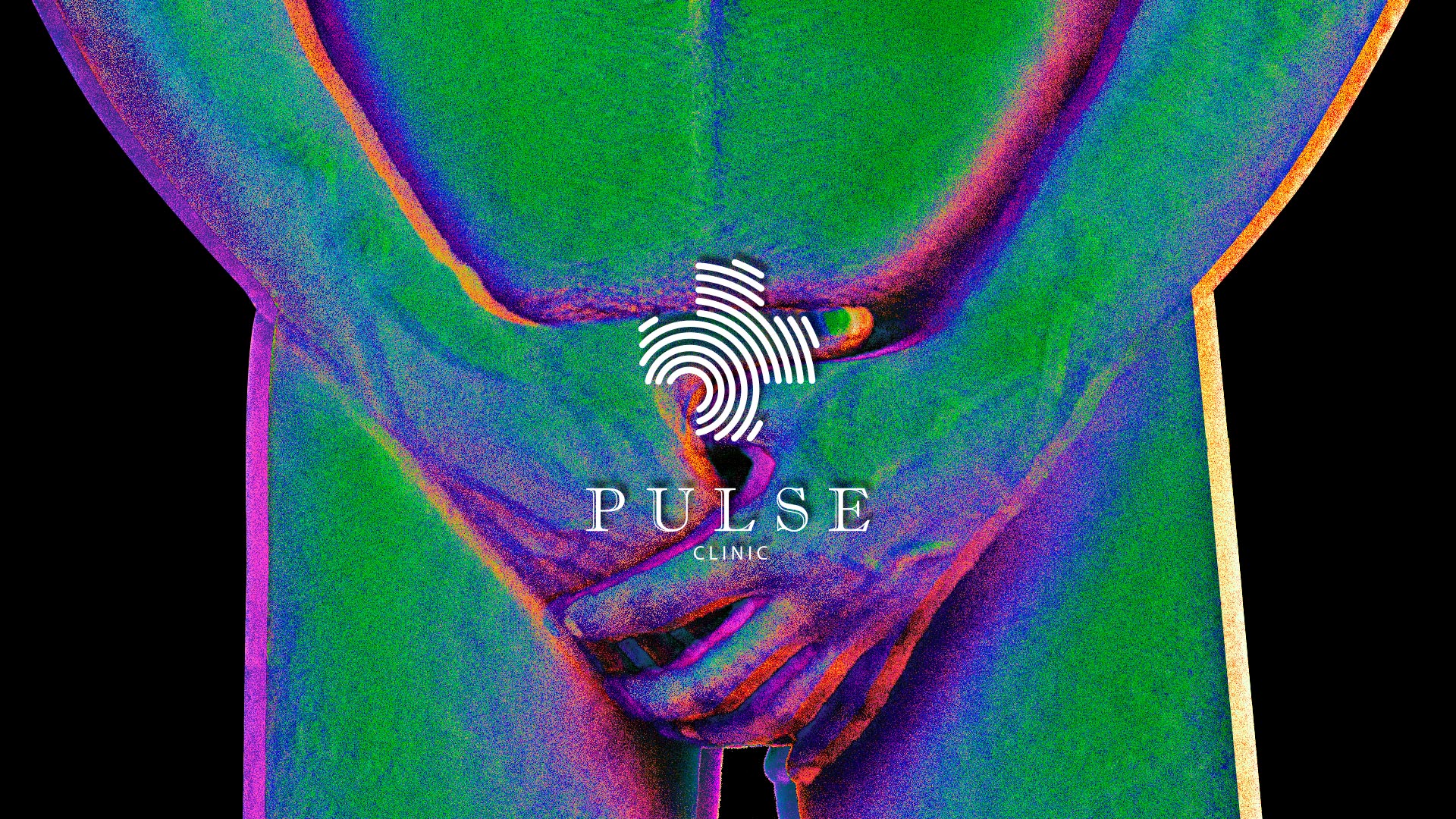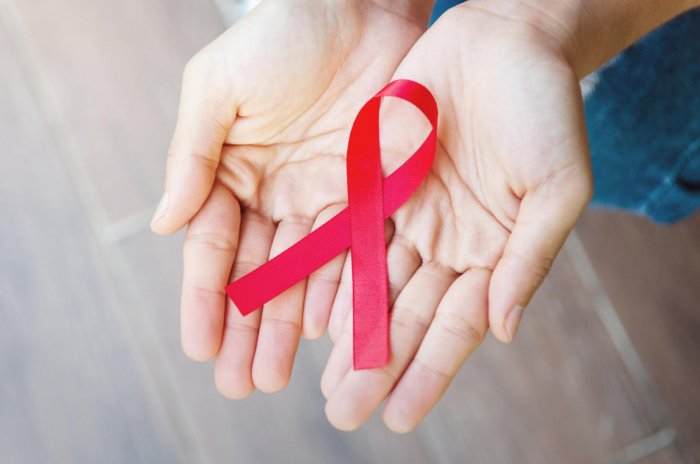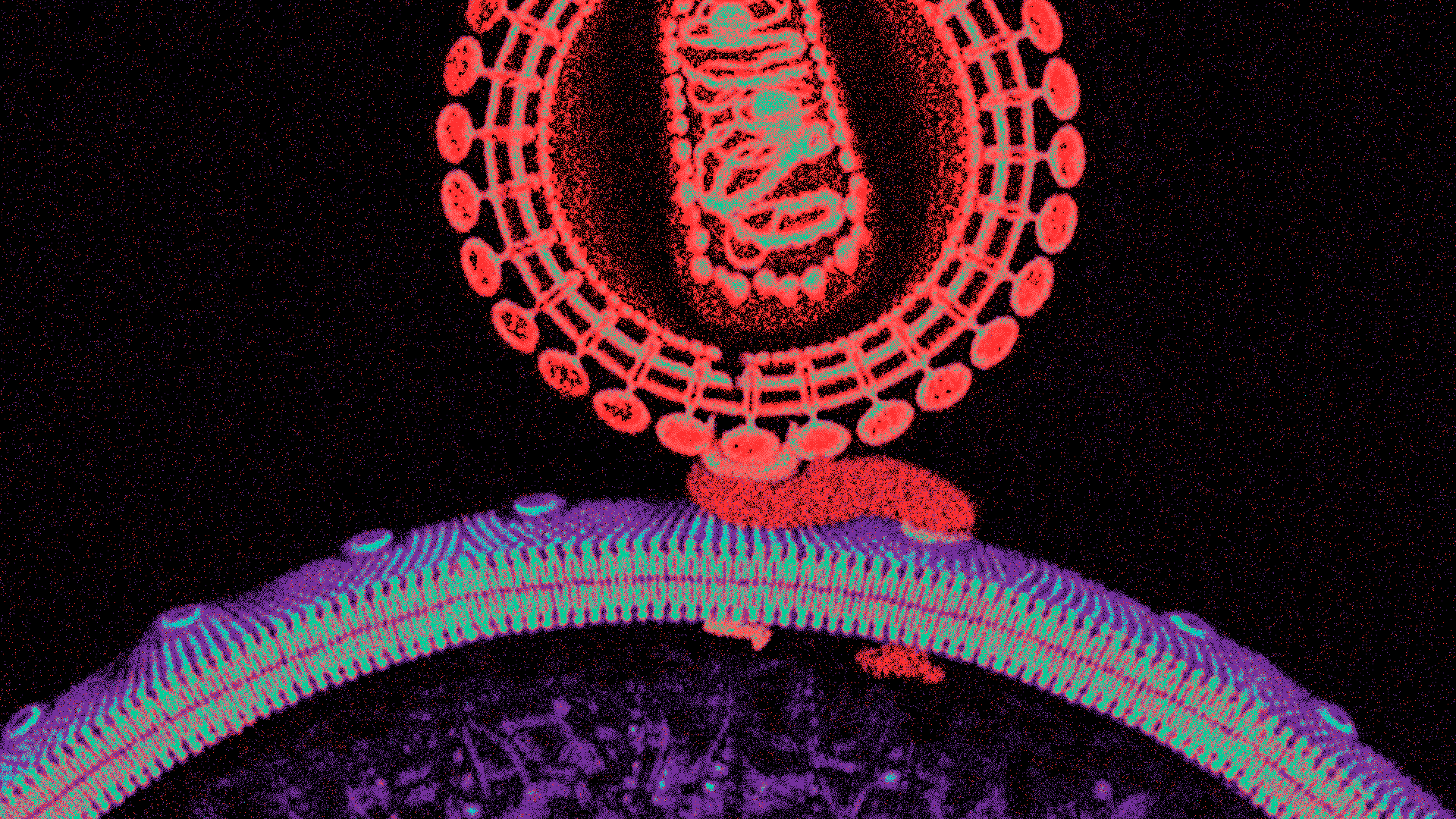Bacterial Sexually Transmitted Infections - Types, Testing, Symptoms & Treatment
3510
Explore bacterial sexually transmitted infections (STIs): types, testing methods, symptoms, and effective treatments for better sexual health.
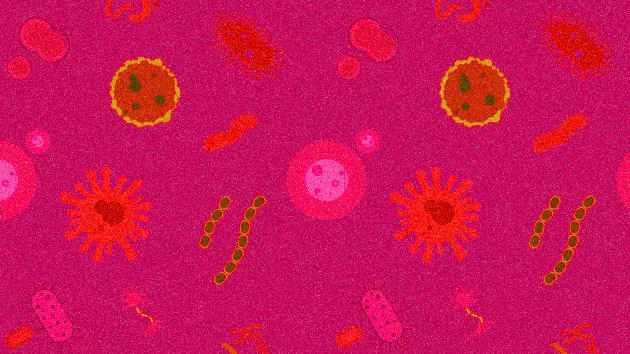
Bacterial Sexually Transmitted Infections - Types, Testing, Symptoms & Treatment
Sexually transmitted infections (STIs) are infections mainly transmitted through sexual activity. Bacterial STIs, caused by bacteria, can typically be effectively treated with antibiotics if identified early. It’s important to understand the various types, testing methods, symptoms, and treatments of bacterial STIs to maintain sexual health.
Types of Bacterial Sexually Transmitted Infections (STIs)
Several common bacterial Sexually Transmitted Infections (STIs) include:
Chlamydia
- Caused by: Chlamydia trachomatis
- Prevalence: One of the most common STIs worldwide, particularly among young adults.
- Transmission: Through vaginal, anal, or oral sex.
Gonorrhea
- Caused by: Neisseria gonorrhoeae
- Prevalence: Highly prevalent, with increasing rates of antibiotic-resistant strains.
- Transmission: Through vaginal, anal, or oral sex.
Syphilis
- Caused by: Treponema pallidum
- Prevalence: Cases have been rising globally, with significant impacts if left untreated.
- Transmission: Through direct contact with a syphilitic sore during vaginal, anal, or oral sex.
Mycoplasma genitalium
- Caused by: Mycoplasma genitalium
- Prevalence: An emerging STI, increasingly recognized as a cause of urethritis and cervicitis.
- Transmission: Through vaginal and anal sex.
Testing for Bacterial Sexually Transmitted Infections (STIs)
Testing is crucial for the early detection and treatment of bacterial STIs. Common testing methods include:
- Nucleic Acid Amplification Tests (NAATs)
- Highly sensitive and specific.
- Used for detecting chlamydia, gonorrhea, and Mycoplasma genitalium.
- Samples can be collected from urine, vaginal swabs, or other genital sites.
- Blood Tests
- Used primarily for detecting syphilis.
- Includes Rapid Plasma Reagin (RPR) test and Treponema Pallidum Particle Agglutination (TP-PA) test.
- Culture Tests
- Gonorrhea can sometimes be diagnosed through bacterial cultures.
- Helps determine antibiotic resistance.
- Physical Examination
- Visual inspection of sores or discharge may indicate an infection, particularly for syphilis.
Symptoms of Sexually Transmitted Infections (STIs)
Symptoms can vary depending on the specific infection and may not always be present. Common symptoms include:
- Chlamydia
- Often asymptomatic.
- Painful urination, abnormal genital discharge, and pain during intercourse.
- Gonorrhea
- Similar to chlamydia, it is often asymptomatic.
- Burning sensation when urinating, white, yellow, or green genital discharge.
- Syphilis
- Primary stage: Painless sores at the infection site.
- Secondary stage: Skin rashes, mucous membrane lesions.
- Latent and tertiary stages: Severe damage to organs, nerves, and blood vessels.
- Mycoplasma genitalium
- Urethritis in men: Discharge, painful urination.
- Cervicitis in women: Vaginal discharge, pain during intercourse.
Treatment of Bacterial STIs
Most bacterial STIs can be effectively treated with antibiotics. Treatment depends on the specific infection:
- Chlamydia
- Azithromycin or doxycycline are commonly prescribed.
- Partner treatment is essential to prevent reinfection.
- Gonorrhea
- Combination therapy with ceftriaxone and azithromycin due to antibiotic resistance.
- Retesting is recommended to ensure eradication.
- Syphilis
- Penicillin is the treatment of choice.
- Dosage and duration depend on the stage of infection.
- Mycoplasma genitalium
- Azithromycin or moxifloxacin, though resistance, is an emerging concern.
- Test-of-cure is recommended due to potential treatment failure.
Prevention and Follow-up
Preventing bacterial STIs involves safe sexual practices, regular screening, and education:
- Use condoms consistently and correctly.
- Get regularly tested if sexually active, especially with new or multiple partners.
- Notify and treat partners to prevent reinfection and further spread.
- Complete the entire course of antibiotics even if symptoms resolve.
Did You Know the MenB Vaccine Also Reduces the Risk of Gonorrhea?
The MenB vaccine not only defends against deadly meningococcal disease but also offers additional protection against gonorrhea. With rising concerns over antibiotic resistance, this cross-protection is an unexpected public health win.
Whether you're a parent, traveler, or adult seeking preventive care, the MenB vaccine is a smart and effective health investment. In Thailand, it’s easy to access through private providers—just be sure to complete the full dose schedule and consult your doctor.
Chat with Our doctors on MenB vaccine for Gonorrhea Now,
Book Your Appointment Today!
Contact us at info.bkk@pulse-clinic.com or chat on your preferred platform:
![]() +66 65 237 1936
+66 65 237 1936  @PULSEClinic
@PULSEClinic ![]() PulseClinic
PulseClinic
Conclusion
Bacterial STIs are a significant public health concern, but they are manageable with early detection and appropriate treatment. Awareness, regular testing, and safe sexual practices are key to controlling and preventing these infections. If you suspect you have a bacterial STI or have been exposed, seek medical advice promptly for testing and treatment.
Trust PULSE CLINIC to take care of your health like other 45000 people from over 130 countries. We provide discreet professional service with high privacy. Here to help, not to judge.
PCR Multiplex DNA Test for 28 Infections 




Our STD PCR Multiplex test offers advanced technology to detect up to 28 infections, including Gonorrhea, Chlamydia, Syphilis, Herpes Simplex, Trichomonas, and Candida strains, all in one test. It can identify infections in various anatomical areas, such as the throat, urethra, anorectal region, vagina, cervix, sperm, and skin lesions. For urethral infections, the Urine PCR is recommended, while the Throat Swab PCR is ideal after oral sex. Anal Swab PCR is advised for unprotected anal sex, and the Vaginal Swab PCR is recommended for vaginal sex, with staff guidance available for all tests.
| PCR for 28 Infections (STD Multiplex) | Online results | |||
| Same day** | Next day | 3 days | 7 days | |
| Throat | 14,000 THB | 11,600 THB | 10,480 THB | 9,200 THB |
| Urine | 14,000 THB | 11,600 THB | 10,480 THB | 9,200 THB |
| Anal Swab | 14,000 THB | 11,600 THB | 10,480 THB | 9,200 THB |
| Vaginal Swab | 14,000 THB | 11,600 THB | 10,480 THB | 9,200 THB |
| Cervical Swab | 14,000 THB | 11,600 THB | 10,480 THB | 9,200 THB |
| Sperm | 14,800 THB | 12,640 THB | 11,600 THB | 10,080 THB |
| Skin Lesion Swab | 14,000 THB | 11,600 THB | 10,480 THB | 9,200 THB |
| Pooling | 15,600 THB | 13,280 THB | 12,400 THB | 10,800 THB |
| PCR for 2 Infections (Gonorrhea/Chlamydia) | Same day | Next day | 3 days | 7 days |
| Throat | 5,690 THB | 4,990 THB | 3,990 THB | 3,300 THB |
| Urine | 5,690 THB | 4,990 THB | 3,990 THB | 3,300 THB |
| Vaginal and Cervical Swab | 5,690 THB | 4,990 THB | 3,990 THB | 3,300 THB |
| Rectal Swab | 5,690 THB | 4,990 THB | 3,990 THB | 3,300 THB |
| Sperm* | 6,200 THB | 5,150 THB | 4,100 THB | 3,690 THB |
| Skin lesion Swab | 5,690 THB | 4,990 THB | 3,990 THB | 3,300 THB |
All PULSE Clinics in Thailand provide the most comprehensive PCR Tests for 28 infections
to give you peace of mind and fast treatment
Contact us at info.bkk@pulse-clinic.com or chat on your preferred platform:
![]() +66 65 237 1936
+66 65 237 1936  @PULSEClinic
@PULSEClinic ![]() PulseClinic
PulseClinic
I have my prescription and I want to order now, TAKE ME THERE !
Loading...
Clinic Locations
Loading...




